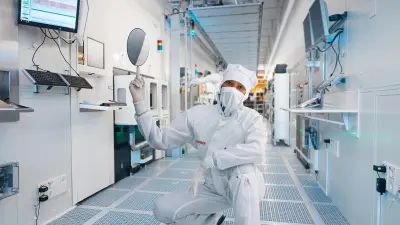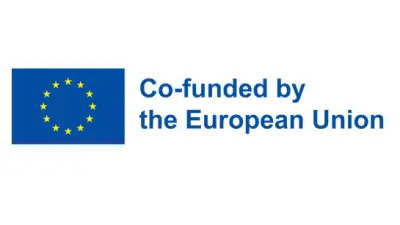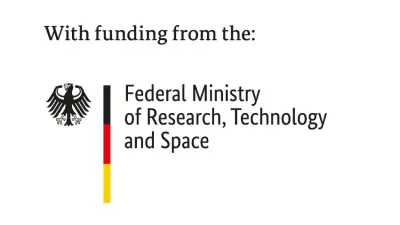Bosch advances sustainable MEMS production
Bosch Research is intensifying its research activities for the sustainable production of MEMS sensors as part of a pan-European consortium.

Sensors are fundamental to our modern lives and to the technologies of the future. They help driver assistance systems to steer vehicles semi-autonomously through complex traffic, enable fitness trackers to count steps, and make game controllers highly precise control devices in virtual worlds. Bosch is a pioneer and one of the world's leading producers of these microelectromechanical systems (MEMS): More than four million MEMS sensors are produced daily for applications in mobility and consumer electronics. Research and development in the field of microelectromechanical systems are therefore a high priority. To make sensor production even more sustainable, Bosch is now intensifying its research and development activities for more sustainable MEMS production.
As part of the ambitious publicly funded project GENESIS (GENErate a Sustainable Industry for Semiconductors), Bosch is joining forces with 57 other partners from research, industry, and small and medium-sized enterprises to jointly develop sustainable processes and technologies along the entire value chain of semiconductor manufacturing. The goal is to transition semiconductor production to a circular economy model that minimizes waste, maximizes the reuse of resources, and creates an innovation-driven industry with a low environmental impact. Coordinated by CEA-Leti, a leading research institute for electronics and information technology, the pan-European project is a strong signal for the future of the European semiconductor industry.
Bosch is contributing its extensive expertise in MEMS technology to make key manufacturing processes more sustainable. Like many other semiconductor components, MEMS are manufactured on silicon wafers in complex, resource-intensive processes. The use of certain materials and gases presents an ecological challenge, as these have a high global warming potential or are potentially harmful to the environment. Bosch is therefore pursuing a comprehensive approach to reducing its ecological footprint, combining material innovations, emission reductions, and process optimization.
At Bosch Research, the focus of the efforts within the framework of GENESIS is on researching alternatives for critical materials and process gases to reduce the use of environmentally harmful substances. In parallel, other Bosch divisions are concentrating on optimizing exhaust gas abatement to reduce process gas emissions and developing new methods for recycling acids to minimize resource consumption.
Bosch's participation in GENESIS underscores its commitment to sustainable technologies. By combining research expertise and application-oriented development, Bosch is making a significant contribution to the environmentally friendly future of MEMS sensor production and the entire semiconductor industry.
GENESIS is co-financed with a budget of nearly €55 million by the Chips Joint Undertaking of the European Commission, the participating EU member states, and the Swiss State Secretariat for Education, Research and Innovation (SERI).
Further information can be found on the GENESIS project website.


